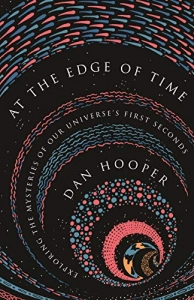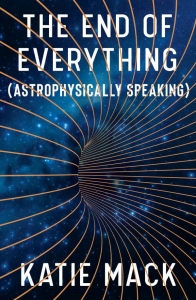Intriguing Science of Sense of Smell with Professor Matthew Cobb
Sense of smell is the process of creating the perception of smell. Animals use smell for a range of essential functions such as to find food or a mate, to sense danger and to send and receive signals and complex messages with other members of a species. Despite being so fundamental for all animals, including us, the sense of smell remains mysterious. We understand far less about this sense than we know about other senses. In this episode of Bridging the Gaps I speak with Professor Matthew Cobb and we explore this fascinating topic. In his recent book “Smell: Very Short Introduction”, Matthew Cobb describes the latest scientific research on sense of smell in humans, other mammals and in insects.
Matthew Cobb is a professor in the School of Biological Sciences at the University of Manchester, where he studies sense of smell – or olfaction as it is technically known; he also studies insect behaviour, and the history of science.
I open the discussion by posing the question that why did sense of smell emerge and evolve so early in the history of species. The sense of smell is a fundamental sense for animals, and is perhaps the oldest of all other senses, but we know far less about this sense than what we know about vision, touch, taste or hearing. We discuss our lack of understanding of the sense of smell and the reasons why olfaction is so complex to study and understand as compared to the other senses. We then discuss in detail what exactly is “smell” and talk about the composition and structure of smell carrying molecules. We touch upon smell detection and perception mechanisms and relevant functions of the brain. Animals use their sense of smell to interact with other animals and to interact with the environment they live in, to convey and to receive various messages; it seems that all life forms on earth live in an ecosystem of smells. Matthew Cobb explains this ecology of smells. We discuss the role of smell and scents in human culture. This has been an informative, enlightening and educative discussion.



Connect With Us